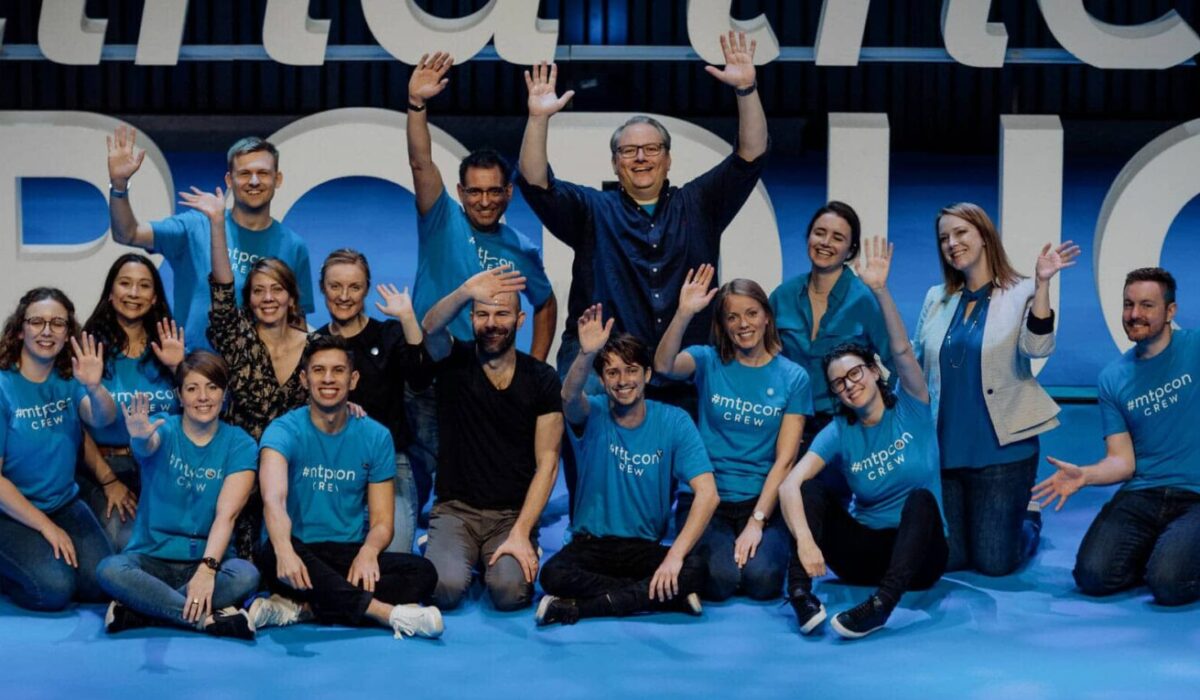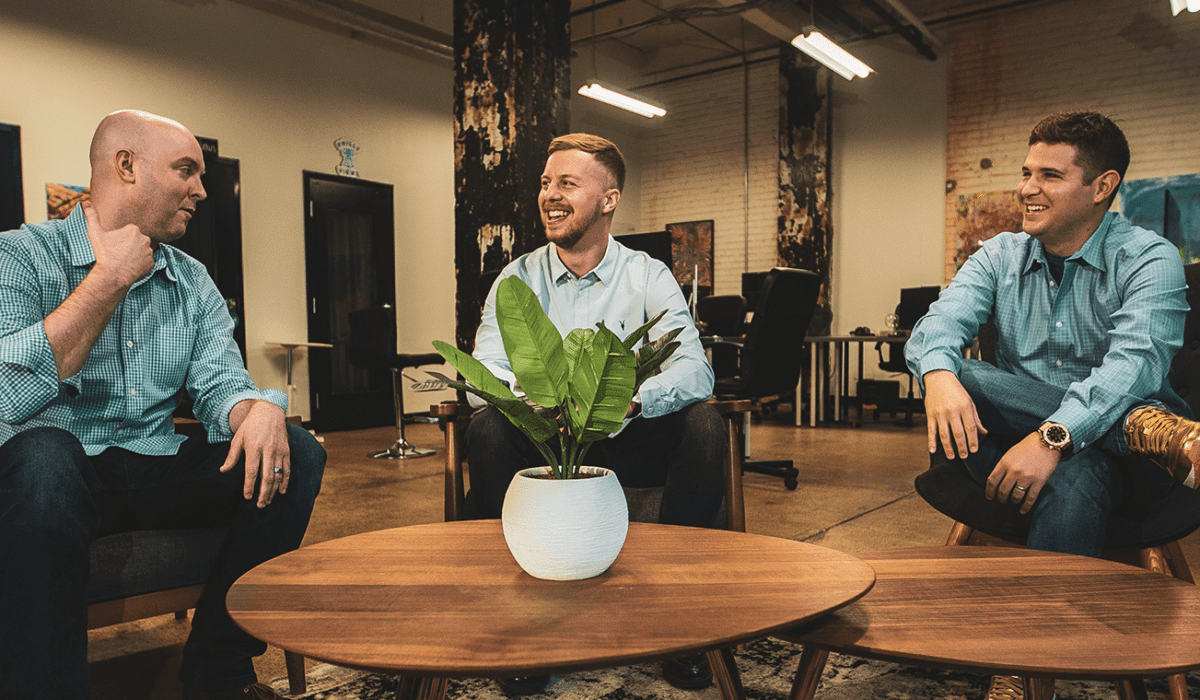In 2010, Martin Eriksson, who was working as a chief product officer, founded ProductTank, a meetup that brings together the local product community. He hosted his first event in the back of a London pub.
The attendance? 25 people.
That seed grew, and a year or so later he was joined by Simon Cast, Janna Bastow and James Mayes, and together they founded Mind the Product, which absorbed ProductTank. Mind the Product became a community that provides training and conferences to more than 350,000 product managers, designers and developers in 200 cities worldwide — and was acquired by Pendo, a software company that focuses on user experience.
The benefit of starting small? It was less risky. Meetups came with no real costs attached, and once Mind the Product moved into conferences, ticket sales and sponsors provided the cash flow leverage they needed to cover running events. Because of this strategy, Mind the Product was able to grow without funding, said Mayes, who took on the CEO role in 2015.
After hosting their first two London conferences in 2012 and 2013, the team discussed hosting an event in San Francisco. They sensed this was the make-or-break moment that would decide the future of Mind the Product, Mayes said. They decided to put a few hundred early bird tickets on sale and test the waters. “When all 200 sold out in just four seconds?” Mayes reflected, “Yeah, we knew we were on to something!”
A pandemic pivot for Mind the Product
Over the next seven years, Mind the Product built a worldwide community of more than 350,000 product people, Mayes said. Many consumed free content or attended free meetups, several thousand a year attended the paid conference, and many more became paid members.
But in early 2020, the business faced an unexpected challenge: the coronavirus pandemic. In the months before, the team had four conferences on sale and big plans for the year, including hiring a bigger development team, celebrating their 10-year anniversary, and potentially moving into their first official office in London, they wrote in a reflection piece about surviving the pandemic.
Then, almost overnight, their event income was destroyed. Everything the team had been building for the last 10 years was put in jeopardy. “It seemed certain that we would soon be out of business,” the team wrote. Fortunately, the UK government’s furlough scheme bought the business some breathing room. The founders took 100% pay cuts, and the team moved quickly to form a plan.
The answer was to develop a non-event-based digital product. They decided on a membership program, which launched in May 2020.
An unexpected sale opportunity from Pendo
By the end of 2021, the pivot had helped the company survive the pandemic. But it had also left it spread thinly, with too many service lines and too few staff to manage them, Mayes said. The founders turned to previous event partners for advice on which services were worth pursuing.
The conversation unexpectedly evolved into discussions of a sale with four firms, Mayes said, and eventually sold to Pendo, a software platform that helps product teams improve users’ experience. Pendo had raised $110 million the previous year, according to TechCrunch. The sale price was not disclosed.
“[We] didn’t expect to sell… [but it] quickly became apparent the time was right,” Mayes said, as the opportunity offered “the right strategic alignment.” At the time of sale, Mind the Product’s revenue was £3 million (about US$3.51 million), he said.
This type of sale, whereby a software company purchases a community or audience-facing media company, has become popular in recent years. Other examples include Zapier buying Makerpad in 2021, Semrush acquiring Backlinko in 2022, and Stripe buying Indie Hackers in 2017. The goal for the buyer is typically access to a niche group of people to whom they can market their product.
Due diligence was the most challenging part of the sale process, Mayes said. A senior employee managed the business so the founders could focus on the sale discussions. But when the process demanded more detail, the weight of due diligence was felt more widely across the team. If he had to go back and do it all over again, Mayes would have spent more time preparing.
The team at sale included 16 full-time employees, plus two of the original founders, Mayes said. The full team joined Pendo, Crunchbase reported.



